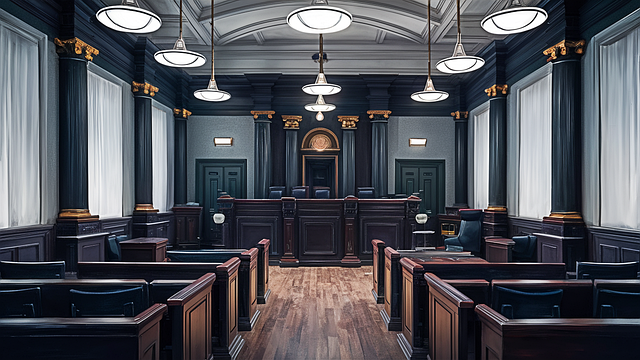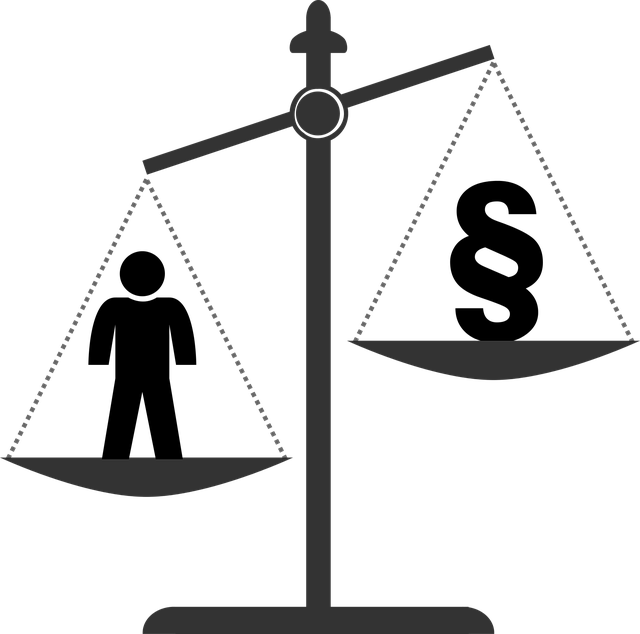The Heartland Behavioral Health Lawsuit brings critical attention to patient rights violations, substandard treatment, and unsafe living conditions within mental health facilities. Survivors and advocates are fighting for accountability and transparency, aiming to protect vulnerable individuals and ensure their rights are respected. Navigating this legal process requires careful steps and sensitive handling of personal experiences, with legal advocates empowering survivors to share their stories and pursue justice. Through comprehensive legal advocacy, strategic documentation, and creative application of laws, the lawsuit seeks transformative change in behavioral health care practices across the Heartland region.
In recent years, the Heartland Behavioral Health Lawsuit has brought much-needed attention to issues faced by survivors. This article delves into the intricate legal battle surrounding the lawsuit, offering a glimpse into the complex web of regulations affecting Heartland’s former patients. We explore the profound impact on survivors, their journey towards justice and healing, and provide insights into effective legal advocacy strategies. By understanding the Heartland Behavioral Health Lawsuit, we aim to empower survivors and ensure their voices are heard.
- Understanding Heartland Behavioral Health Lawsuit: A Glimpse into the Legal Battle
- The Impact on Survivors: Navigating the Road to Justice and Healing
- Strategies for Effective Legal Advocacy: Empowering Survivors' Voices
Understanding Heartland Behavioral Health Lawsuit: A Glimpse into the Legal Battle

The Heartland Behavioral Health Lawsuit has brought much-needed attention to issues surrounding patient care and treatment within mental health facilities. This legal battle aims to hold accountable those responsible for any negligence or mistreatment endured by survivors. By understanding this lawsuit, we gain insights into the efforts to protect vulnerable individuals and ensure their rights are upheld.
The Heartland Behavioral Health Lawsuit is a complex web of allegations, including potential violations of patient rights, inadequate treatment protocols, and failure to maintain safe living conditions. Survivors and their advocates argue that the facility’s actions led to physical and emotional harm. This case serves as a catalyst for change, encouraging transparency and stricter regulations in the mental health care industry.
The Impact on Survivors: Navigating the Road to Justice and Healing

For survivors of Heartland Behavioral Health’s alleged wrongdoings, the road to justice is often a complex and emotional journey. The impact of such traumatic experiences can leave individuals struggling with physical and psychological scars, requiring not only legal advocacy but also healing and support. Many survivors may face challenges in understanding their rights within the legal system, especially when dealing with sensitive issues related to mental health care.
Navigating a Heartland Behavioral Health lawsuit involves careful steps to ensure their voices are heard and their rights protected. Legal advocates play a crucial role in guiding survivors through this process, helping them make informed decisions while addressing their unique needs. By providing support and resources, these advocates aim to empower survivors, enabling them to pursue justice and begin the healing process, one step at a time.
Strategies for Effective Legal Advocacy: Empowering Survivors' Voices

In the context of the Heartland Behavioral Health Lawsuit, effective legal advocacy for survivors requires a multi-faceted approach that prioritises empowerment and voice. Strategies should focus on ensuring survivors feel heard, understood, and supported throughout the legal process. This begins with accessible communication channels and sensitive handling of their unique experiences, fostering an environment where they can confidently share their stories.
Legal teams must also employ robust strategies to challenge systemic issues revealed by the Heartland Behavioral Health Lawsuit. This includes meticulous documentation, expert witness testimony, and creative use of existing laws and regulations. By combining these tactics with survivor narratives, advocates can build compelling cases that not only seek justice but also drive meaningful change in behavioral health care practices across the Heartland region.
The Heartland Behavioral Health Lawsuit has shed light on the importance of legal advocacy for survivors, empowering them to seek justice and healing. By understanding the legal battle and implementing effective strategies, survivors can navigate their path to recovery with support and strength. This concluding paragraph emphasizes the impact of these efforts in ensuring that voices are heard and rights are protected, ultimately fostering a culture of accountability and care within the behavioral health sector.
